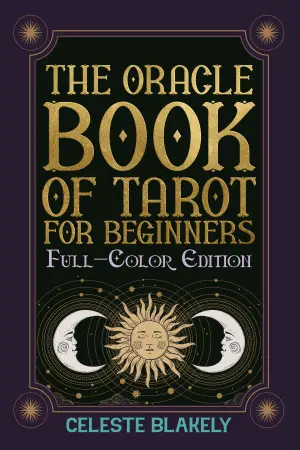Title: The Radioman: A Haunting Tale of Survival and Redemption
From the moment I came across The Radioman by John Doe, I was drawn in by the promise of a gripping narrative that unfolded amidst the harrowing backdrop of the Korean War. The cover itself seemed to whisper stories of bravery, loss, and the often-untold aftermath of conflict. It’s a topic that resonates deeply with me, and to see it explored through the eyes of a radioman, one of the unsung heroes of the air, piqued my curiosity.
Frank Kovacs, our protagonist, is not just a soldier; he embodies the fragility of human life caught in the throes of war. The opening scenes, where he narrowly escapes a catastrophic B-29 Superfortress crash while being pursued by enemy fire, plunge readers straight into a cascade of adrenaline and tension. Yet, what truly grips you is not only the harrowing tale of survival but the emotional journey that follows. After surviving the war, Frank awakens to the devastating news that he is the sole survivor of his crew, a realization that leads him down a dark path of survivor’s guilt and post-traumatic stress disorder.
Doe’s writing style is both vivid and poignant, painting detailed images of war-torn landscapes while deftly weaving in the inner turmoil Frank faces. The pacing is expertly balanced; scenes of heart-stopping action transition smoothly into moments of profound introspection. As Frank battles his demons, the reader is invited to experience his pain, confusion, and the complex web of addiction he finds himself entangled in.
A standout moment occurs when Frank reflects on the silence that fills his world after the chaos of war, a silence that demands to be filled with memories of pain. “In the quiet, my thoughts scream,” he admits, and this line encapsulates a reality many veterans face—the struggle to silence the echoes of their past. It’s this reflective depth that Doe captures so beautifully, allowing readers to connect with the struggles of a soldier long after the battles have ended.
The secondary characters, especially Frank’s friend Tony, add layers to the narrative, reminding us of the bonds forged in times of crisis and the grief that comes with loss. Each character is crafted with attention to detail, making them feel real and relatable, even when they’re peripherally involved.
The Radioman isn’t just a war story; it’s a reflection on the human condition and the often-overlooked scars left in the wake of conflict. It shines a light on the necessity of acknowledging post-war challenges—issues like addiction and mental health that are often brushed aside in society.
I would recommend this book to anyone interested in historical fiction, especially those who seek an authentic portrayal of the struggles faced by veterans. It serves as a powerful reminder that while the heroics of war are often celebrated, the aftermath often tells a more complex and equally important story.
Ultimately, my experience with The Radioman has been a poignant one, urging me to think more deeply about the sacrifices made by those who serve. John Doe has crafted a narrative that lingers long after you’ve turned the final page, inviting readers to reflect on not just the battles fought abroad, but also the wars that rage within.






